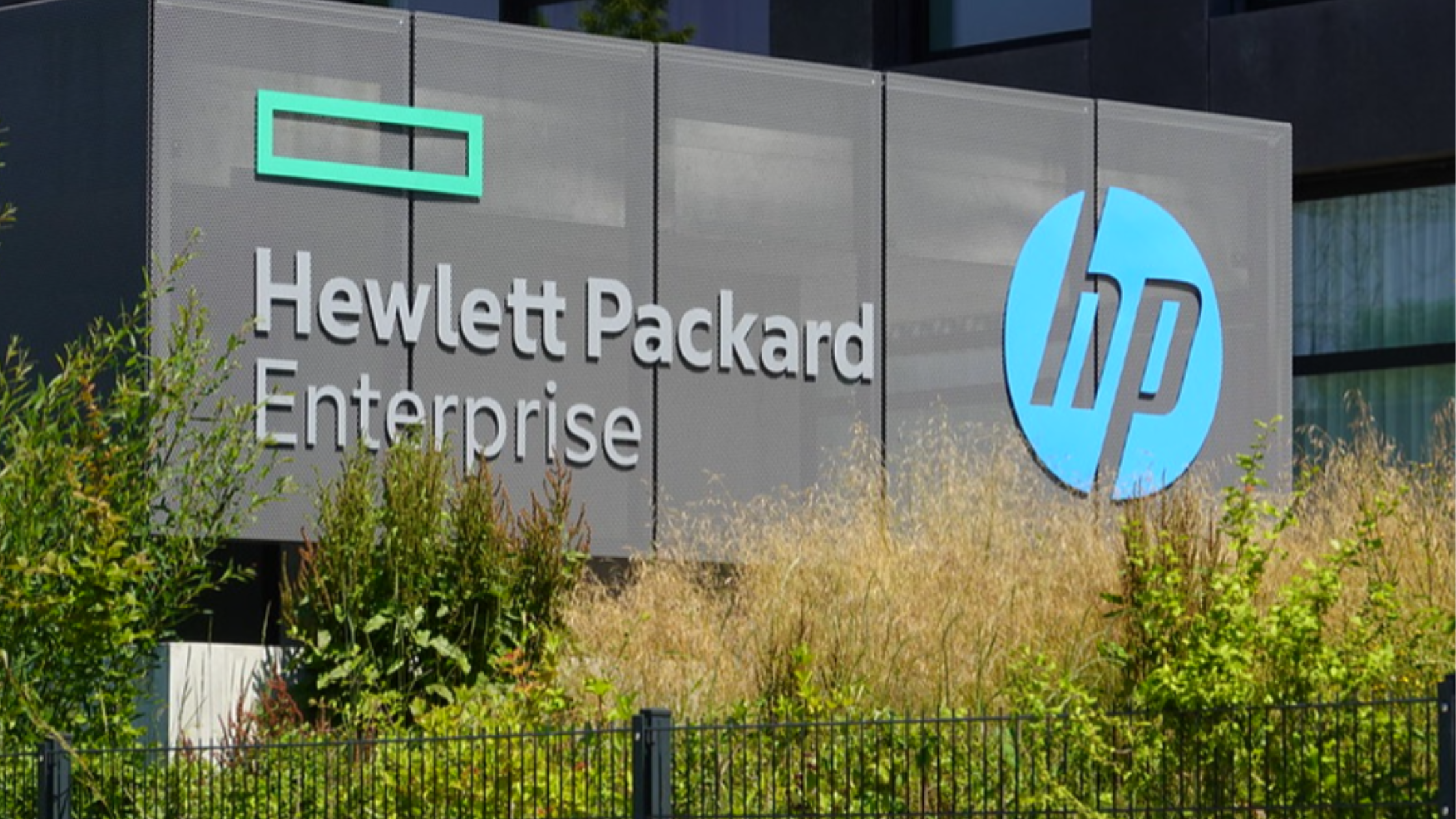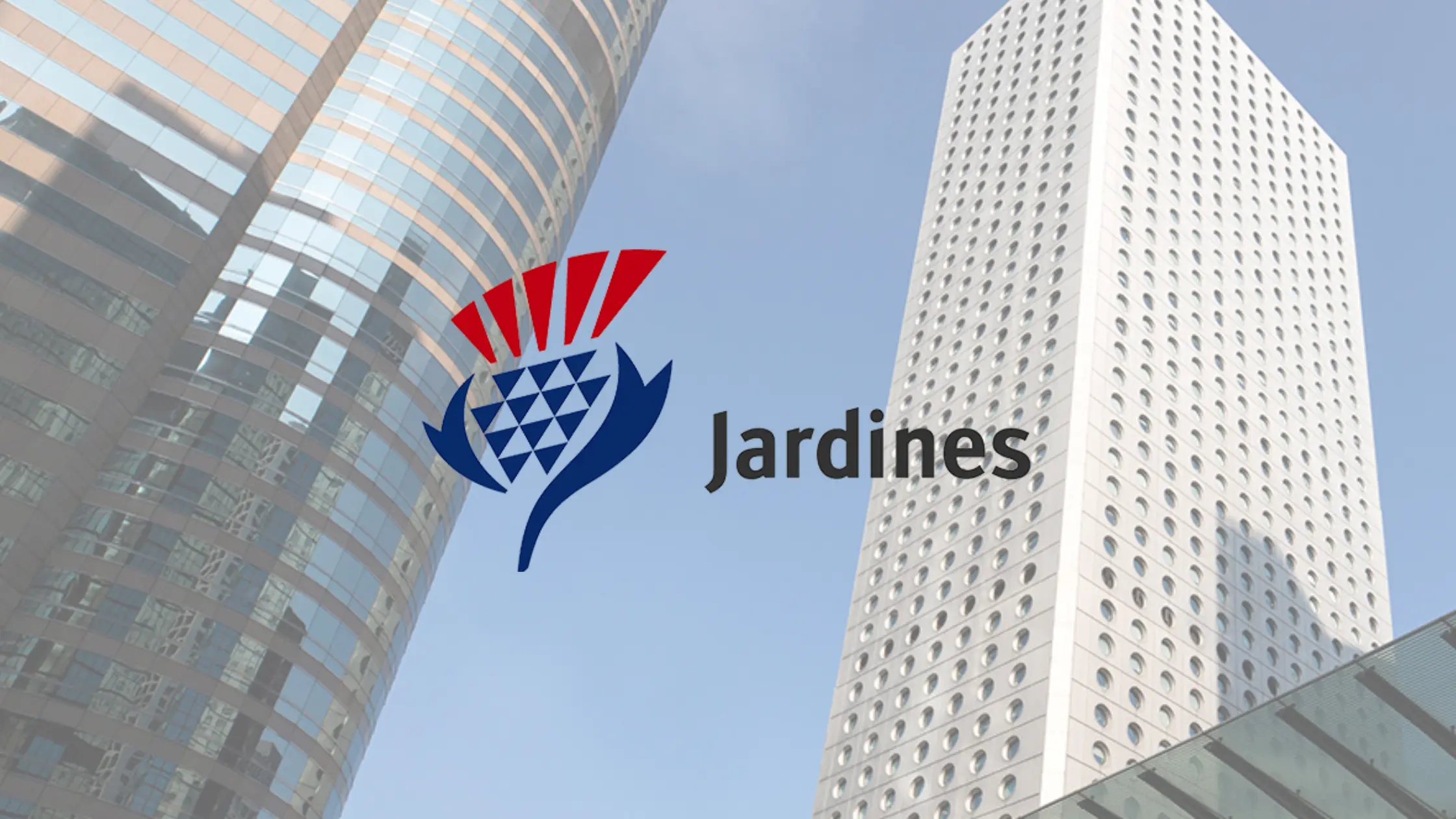Hewlett Packard Enterprise Company (NYSE: HPE), an information technology company dealing in networking, servers, storage and WLAN, recently announced its plan to acquire Juniper Networks in a cash deal worth $13.6 billion. The offer of $40 per share represents a premium of around 32% of Juniper’s pre-speculation market price. This move aims to help HPE grow, scale, and diversify its business. The acquisition is expected to be completed by late 2024 or early 2025 and is likely to bring accretive financial benefits to HPE from the first year.
By acquiring Juniper Networks, HPE can expand its business and diversify its offerings to reach more customers. Although assessing growth for the upcoming year is challenging due to supply chain issues, both HPE and Juniper are assessed to have similar growth prospects. HPE can benefit from the increasing demand for artificial intelligence, while Juniper’s exposure to cloud and enterprise share gains can contribute to its growth.
The acquisition is expected to create synergies, which means combining the strengths of both companies to achieve better results. HPE anticipates immediate financial benefits and expects run-rate synergy benefits to save approximately $450 million within 36 months of the deal closing. This could result in a significant increase in profitability.
To finance the acquisition, HPE plans to use a combination of senior notes, convertible preferred shares, and a term loan. While this will increase HPE’s debt, the company aims to maintain an investment grade credit rating, which is important for its financing business. HPE plans to reduce its debt-EBITDA ratio to 2x within 2 years after the deal closes. This implies a reduction of 10-15% per year and an annual EBITDA growth of at least 5%, an achievable goal.
HPE will continue to maintain both Aruba and Mist, the overlapping portfolios of Juniper Networks, branded as Aruba and Mist, for campus networks. HPE believes that by combining the best features of both portfolios, they can offer a comprehensive and innovative solution to customers. However, managing multiple platforms may be more complex compared to competitors like Cisco, who offer simpler single-platform options.
The acquisition is subject to regulatory reviews, but HPE expects the deal to close in late 2024 or early 2025. While there may be concerns about anti-trust issues and approval from China, HPE believes these challenges can be managed.
In conclusion, HPE’s plan to acquire Juniper Networks is a strategic move to drive growth and expand its business. This acquisition offers potential benefits for both companies. Considering the long-term potential and growth prospects, HPE is an attractive stock for investors to consider adding to their portfolio.
Disclaimer: ProsperUs Head of Content & Investment Lead Billy Toh doesn’t own shares of any companies mentioned.









